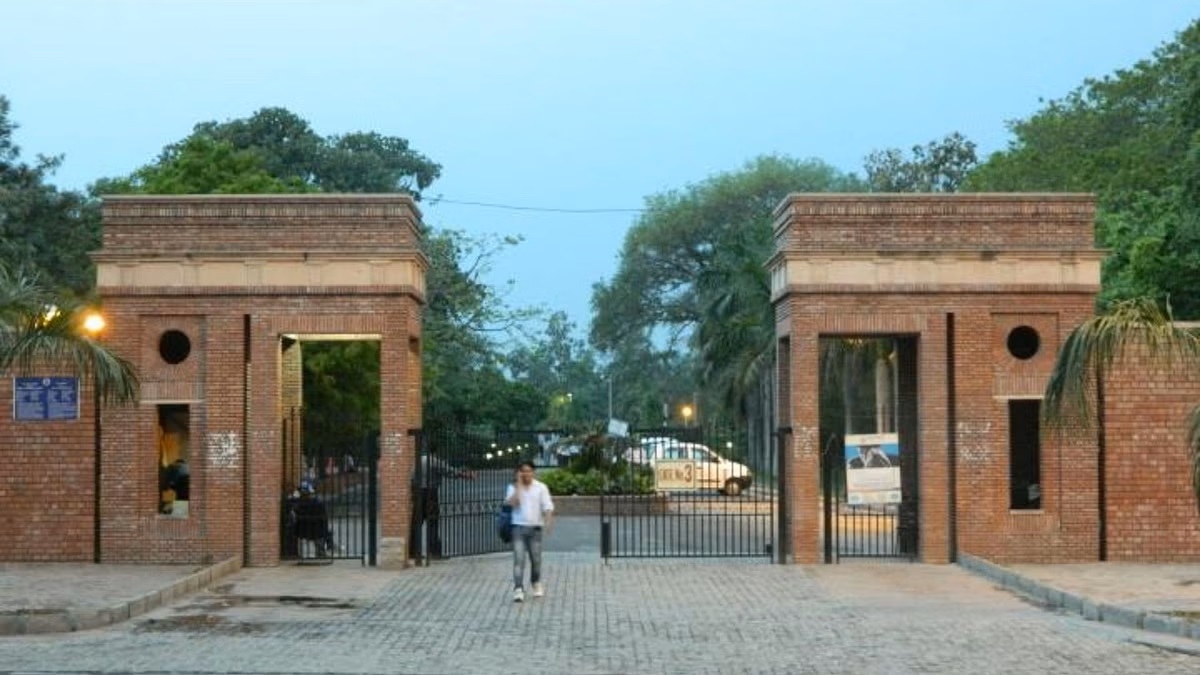Over 9,500 undergraduate seats at University of Delhi remain vacant despite seven admission rounds. AADTA has blamed CUET-CSAS under NEP 2020 and called for restoring college-level admissions.

More than 50 days after admission process for undergraduate courses began, Delhi University (DU) is staring at a major crisis: as many as 9,543 seats remain vacant across its affiliated colleges despite seven admission rounds.
According to official data for the mop-up round, several colleges are among the worst hit: Bhagini Nivedita College (709 seats), Aditi College (674), Zakir Husain College (387), Kalindi College (385), Dyal Singh College (311), Bharti College (307), Shyam Lal College (301), and Deshbandhu College (295).
All India Ad-hoc Teachers’ Association (AADTA) has termed the situation a “grave danger” for the reputation of India’s most prestigious university, blaming CUET-based Central Seat Allocation System (CSAS).
Vacant seats despite seven rounds of admissions
Delhi University (DU) has already completed seven admission rounds, yet a large number of seats remain unfilled. With the mop-up round now underway, faculty members and education observers fear that vacancies may persist, raising questions about the effectiveness of the centralized system.
AADTA argued that the CUET-CSAS system has not only stretched admissions unnecessarily long but also created a mismatch between student choices and college allotments. “This impacts both teaching and learning and may even burden teachers in the future,” the association said.
The Ministry of Education (MoE) has reportedly started identifying “redundant departments” based on the number of filled seats, sparking further anxiety among teachers and administrators. If departments are scaled down, it could hit academic diversity and faculty workload.
Students losing out on academics
AADTA pointed out that students who secure admission late lose over a month of classes, disrupting the academic calendar and affecting classroom learning. In the long term, this could undermine DU’s global and national standing.
AADTA demands rollback of centralized admissions
Former DUTA President and AADTA National In-charge Dr. Aditya Narayan Misra demanded that DU return to the earlier system, where colleges fixed their own cut-offs and granted admissions. “The only solution is to restore admission rights to colleges after DUET. Unless the university addresses this issue soon, its reputation will face irreparable damage,” Misra warned.
CUET and DU admissions
CUET was introduced in 2022 under NEP 2020 as a common entrance test for central universities. Before CUET, DU followed the cut-off system, where top colleges often closed admissions at 98–100%.
Read More:
Follow Shiksha.com for latest education news in detail on Exam Results, Dates, Admit Cards, & Schedules, Colleges & Universities news related to Admissions & Courses, Board exams, Scholarships, Careers, Education Events, New education policies & Regulations.
To get in touch with Shiksha news team, please write to us at news@shiksha.com

Abhay Anand is an experienced education journalist with over 15 years in print and digital media. Currently serving as Manager- Editorial at Shiksha.com, he specializes in higher education policy, student mobility,
Read Full Bio
Candidates can apply for DU admission via Common University Entrance Test (CUET). Before applying for the course, aspirants must check out the eligibility requirements. To apply students can visit NTA official website. After the entrance test, the cutoff marks are made available beind the login on the official samarth portal of the university. At the time of CUET registration, aspirants must selection DU as a preference.